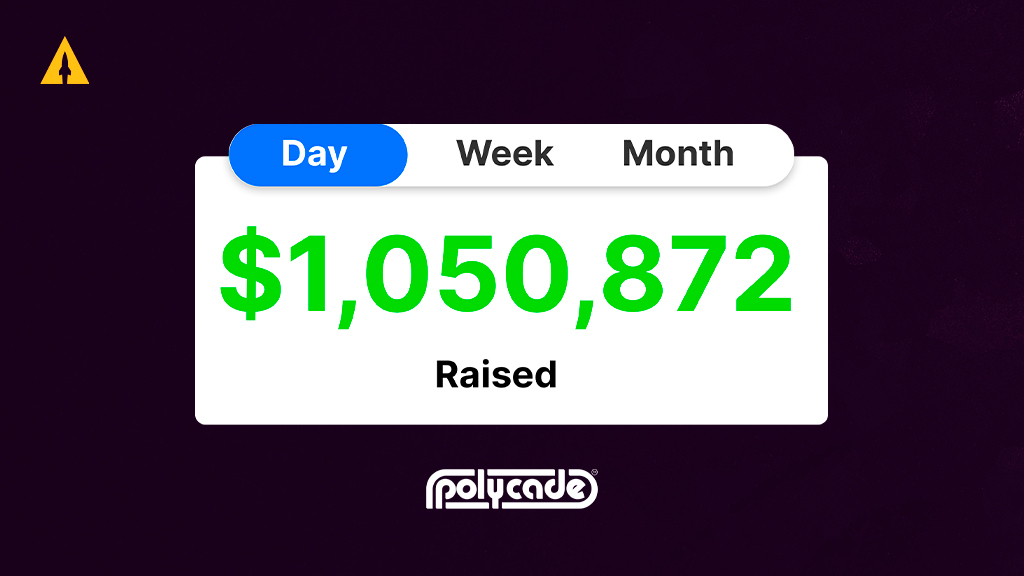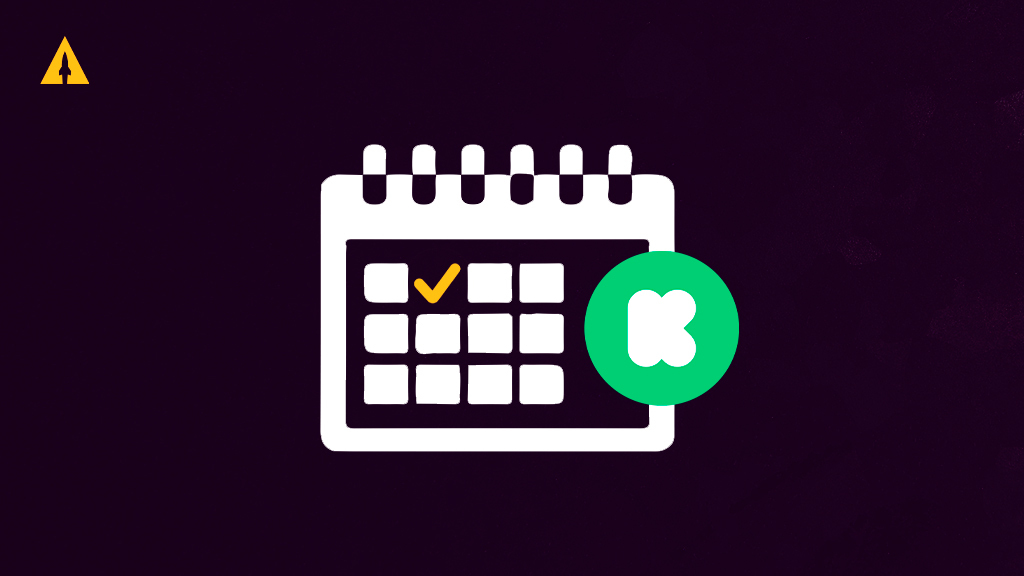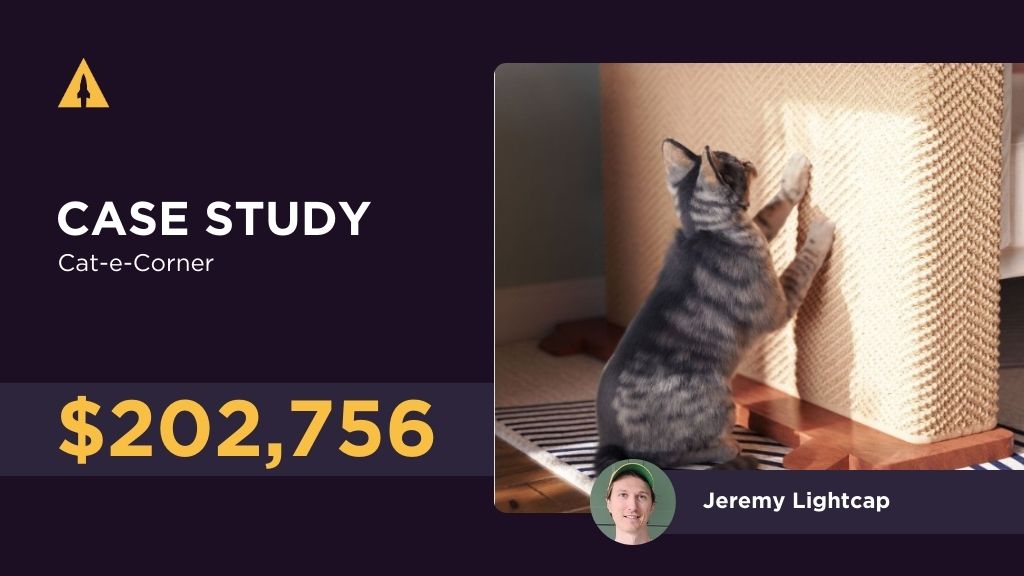
Only 1.8% of projects on Kickstarter have raised over $100k. When looking at projects over $1mm, that number drops to 0.12%. It’s clear that getting a project to 6 and 7 figures is incredibly rare.
So what separates these campaigns from the other 99%?
Let’s imagine that a great campaign is like a pyramid. We need to have a strong foundation from which everything else is built upon. So let’s start at the bottom of that pyramid and work our way up.
Product solves a mass-market need
It all starts with the actual product. The foundation of a $100K+ campaign is a product that addresses a large enough market need. In other words, you must create a product that solves a real problem and that problem has to be shared by a large group of people.
When looking at the vast majority of projects that are unsuccessful or have low funding amounts, you can tell that many of them weren’t great products to begin with.
Product is properly positioned
Positioning is how well you communicate the value of your product to your target consumer. There are two main parts to that statement:
- Communicate the value — do you know the feature that makes you stand out above the rest of your competition?
- Target consumer — do you know the audience that most needs your product and where to find them?
The best campaigns have a high degree of confidence that they’ve nailed positioning before they launch their campaign. The most effective way to do this is to run Facebook ads during your pre-campaign to get people to sign up for your email list. This is your opportunity to test different marketing messages and test different audiences.
Product is priced correctly
Getting the pricing wrong can completely kill your campaign. Here’s a quick run-through of making sure you are pricing your product correctly.
- Understand your costs — before coming up with your pricing, make sure you understand how much it will cost to create each unit of product. We want to make sure you are able to price it so you have margin left over.
- Research your competition — start by looking at similar successful Kickstarter/Indiegogo campaigns and how they priced their product. I recommend staying within 10% of their prices.
- Test your pricing — during your pre-campaign, it’s very helpful to allow people to put down a deposit to reserve your product at a certain price. You can test different price points during this stage to see what resonates the most with your audience.
One more tip: if you are unsure of your pricing going into your campaign, it’s easier to start with a lower price option. It’s normal on Kickstarter/Indiegogo to have price tiers “run-out” and get more expensive over time. This way you can incrementally go up to see which prices people are willing to pay.
Large marketing budget
Almost every campaign that has hit over $100K has spent money on marketing. I see the most spend going into digital advertising and the most effective platform being Facebook.
Advertising is the most consistent source of traffic for large campaigns and it positively affects all other sources of traffic. For example, being able to consistently drive backers to your campaign through ads will help you stay high in the rankings on Kickstarter. When this happens, you will get more traffic from Kickstarter’s community organically.
Many campaigns spend money on PR, which I’ve seen be effective, but the return is inconsistent and harder to track than ads. If you have a limited budget, I would put the vast majority of that budget into Facebook advertising.
Want to make sure your Kickstarter or Indiegogo campaign hits $100k (or whatever your goal is)? Apply to work with us today!
Ready to launch your Kickstarter?
Watch our video on what you NEED to know before you start.
Featuring our CEO, Mark Pecota!




